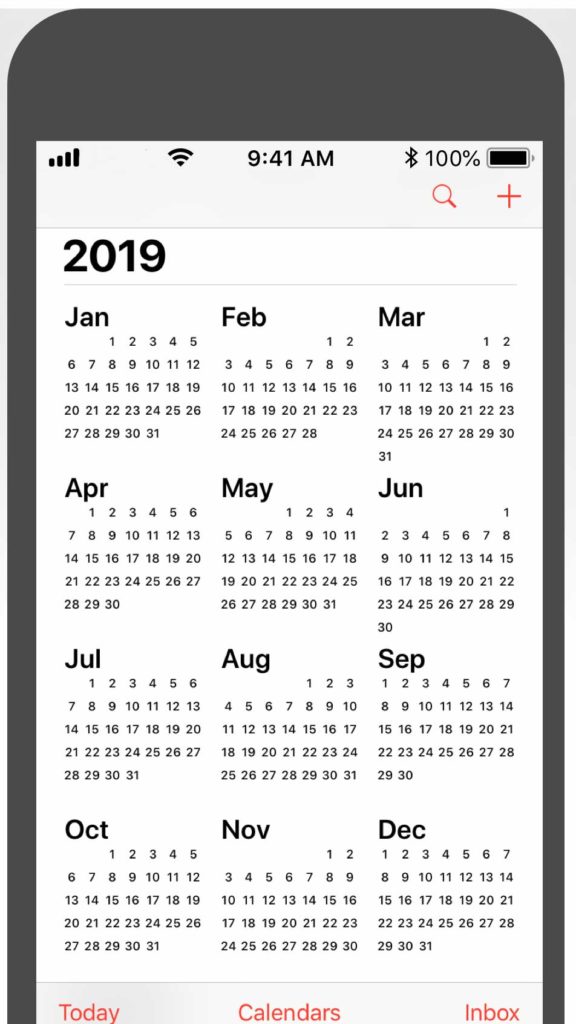The new year is almost here! For some people, the dawn of a new year is an opportunity to reflect and improve. Others see the new year as just another day and are far more likely to reflect and improve when they feel internally compelled to do so. They see nothing magical about January 1st; the third Thursday in October works just fine for them, thank you very much. In either case, the process of reflecting and thinking through improvements can be useful.
Goals
Do you prefer big, audacious goals or smaller ones? Experts are split on this. Some recommend huge goals because they can galvanize your attention and harness your energy. Alternately, smaller goals are easier to attain, and one can lead to another to another and so on.
Be Specific
Whether you choose a large or small goal, be specific. If your goal is to “Stop being late to everything” or “Be on time,” you might specifically state, “Be at least five minutes early to every calendar event (e.g., school drop-off, appointment, meeting, coffee date, etc.).” Being as specific as possible about a task can help your brain better remember exactly when and why you might need to do something.
Write it Down
It doesn’t matter if you write in a journal, on a Post-it®, or on your bathroom mirror – write it down. Writing down your goals in your handwriting helps cement the goal in your mind. Added bonus: Keep it in a place where you will see it and can reflect on it for a more frequent reminder.
Share
Telling your friends and family about your goal provides accountability by making it real. If you know that your mom or babysitter or friend is going to ask you how your goal is going, you’re more likely to stay the course and accomplish something hard. Retired United States Women’s soccer star Abby Wambach recently shared on Instagram that she is very externally motivated and always had a team or a coach to answer to. As a result, she invented #wolfpackworkout and is using her Instagram following as the external motivation she needs.

Make a Plan
Now that you have a goal, you need to figure out how to accomplish it in the life you have. Your plan might consist of some “If this, then that” type language or it might involve making up some rules for yourself. Extrapolating on the example above, a specific goal with a plan might say, “Be at least five minutes early to every calendar event (e.g., school drop-off, appointment, meeting, coffee date, etc.) by leaving fifteen minutes early, planning my outfit/hair the night before, and filling up my gas tank when it reaches 1/4-tank (not empty).” You can further support this goal by blocking out travel time on your calendar and/or using alarms and reminders. A specific plan will help you think through possible obstacles and proactively solve problems.
Review
A weekly or monthly review is a good opportunity to check in with yourself and see what’s going well and what’s going poorly. Be honest with yourself about what’s working and what’s not; if things are not going well, why not? Don’t judge yourself, just notice what’s awesome and what’s not. And, if necessary, make a new plan. Maybe things are going well, and you need to revise and extend your goal. Maybe things aren’t going so well, and you need to choose again. A review will help you assess where you are.
Notice Success
In 2019, most lives will be busy and full of distractions (if 2018 is any indication, anyway). It’s imperative to notice your success. Don’t let is slip by in the push of each day, each week, or each month. It can be as simple as pausing for a moment and allowing your pride and joy to swell in your chest. If you prefer a more palpable positive reward, you might choose a nap, a good book, or new music. In your weekly/monthly reviews, reflect on your successes. Use them to understand what works for you and why. Then, stick with it. You’re doing great!

Get Back on Track
The saying “Old habits die hard!” is so true. Old habits are deeply grooved into your brain and forming new habits can be hard. If you find yourself reverting to old ways and no longer pursuing your current goals, pause. Go back to your specific goal. Ask yourself if it’s still a fit for this time in your life. If so, think deeply about how and why you got off-track and make a new, specific plan to get back on track. If not, select a new goal and begin again.
If you want to read more about how other people set goals and the outcomes, see:
- Gretchen Rubin’s 18 for 2018, a fascinating mix of work and personal goals. And, being an Upholder, she accomplished them all.
- Similarly, Emily Lex from Jones Design Company chose 40 things she wanted to do before her 40th birthday. Her list was such a great mix of teeny-tiny and gob-smackingly huge goals!
- Laura Tremaine’s monthly discipline challenges from 2014 are well worth the read. It’s interesting to see what worked for her in a particular month and what stayed with her for the year.


Recent Comments